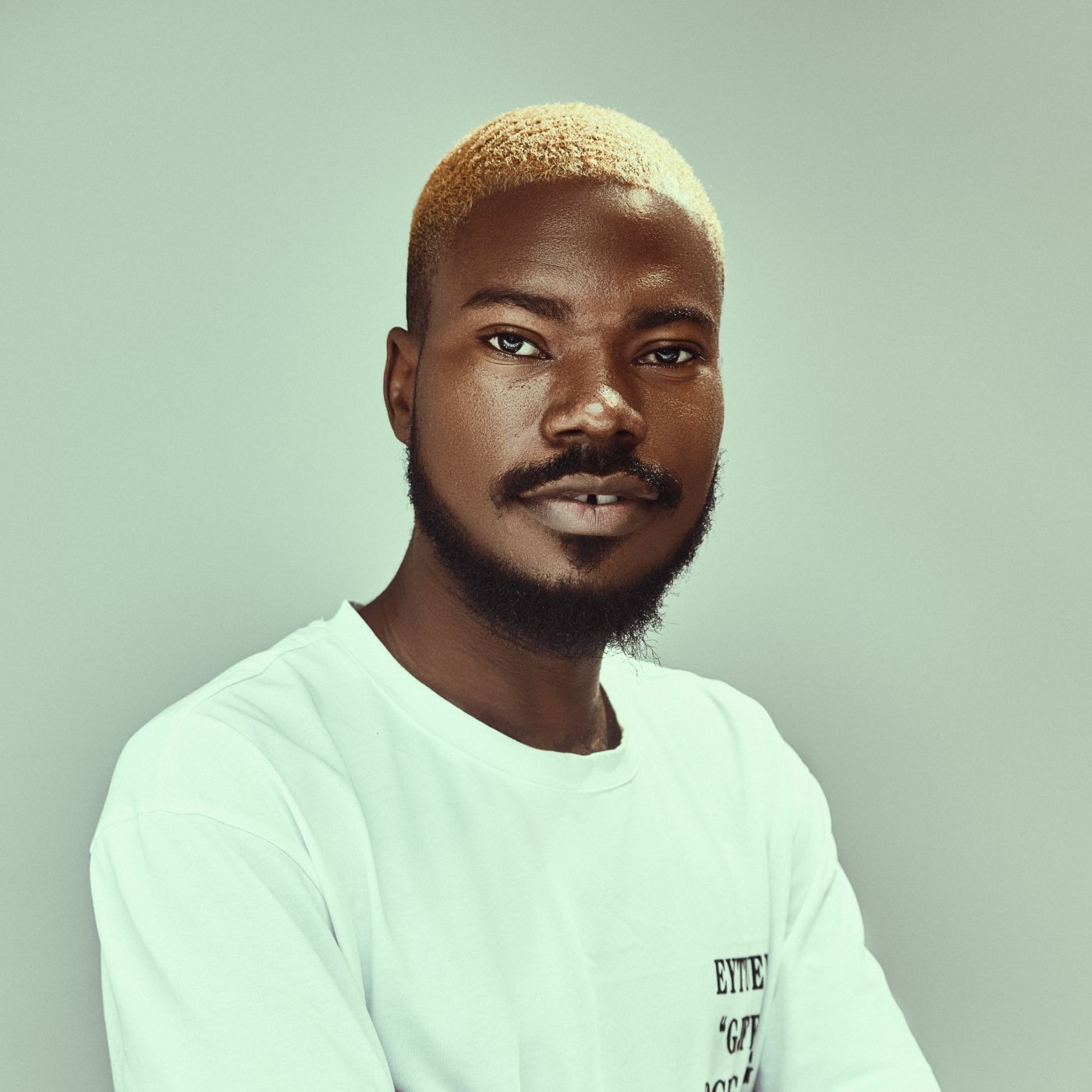464 reads
The Rise of Crypto Gaming Guilds in Africa
by
June 16th, 2022
Audio Presented by

FinTech Content Writer in love with mental models and conscious hip-hop.
About Author
FinTech Content Writer in love with mental models and conscious hip-hop.

FinTech Content Writer in love with mental models and conscious hip-hop.
FinTech Content Writer in love with mental models and conscious hip-hop.